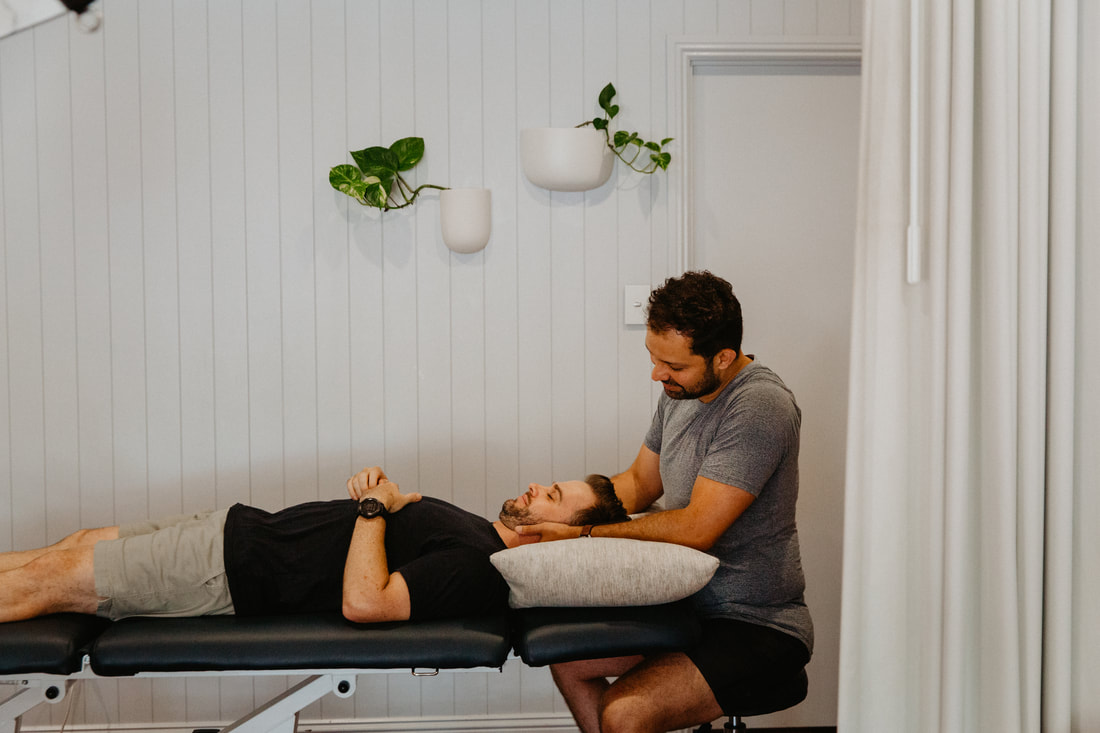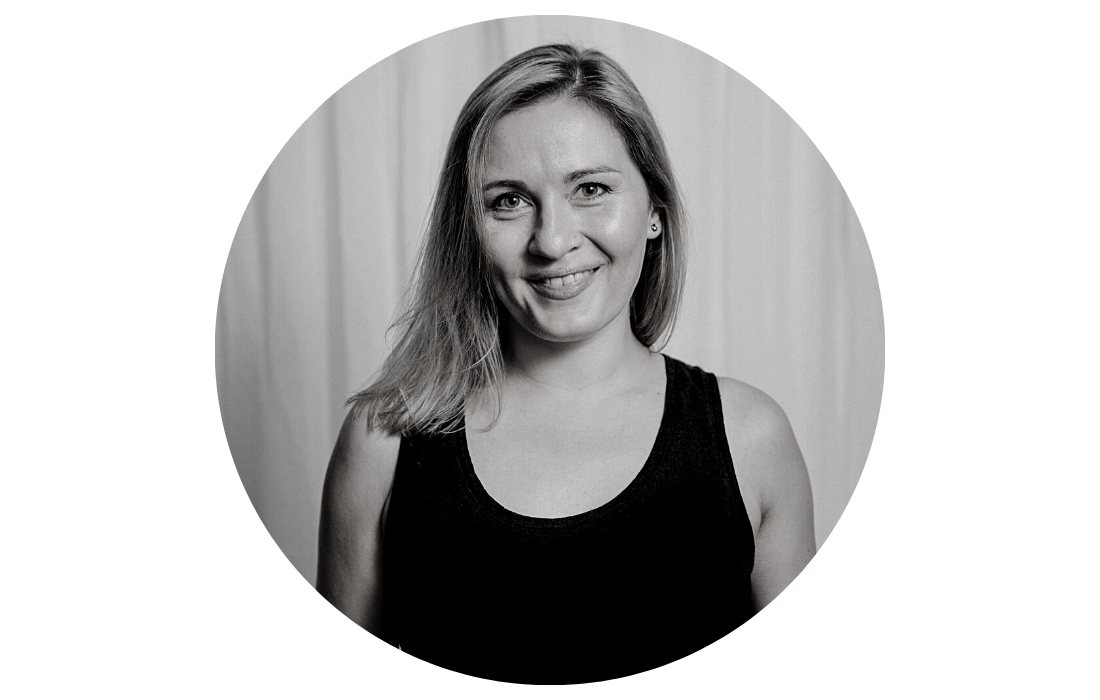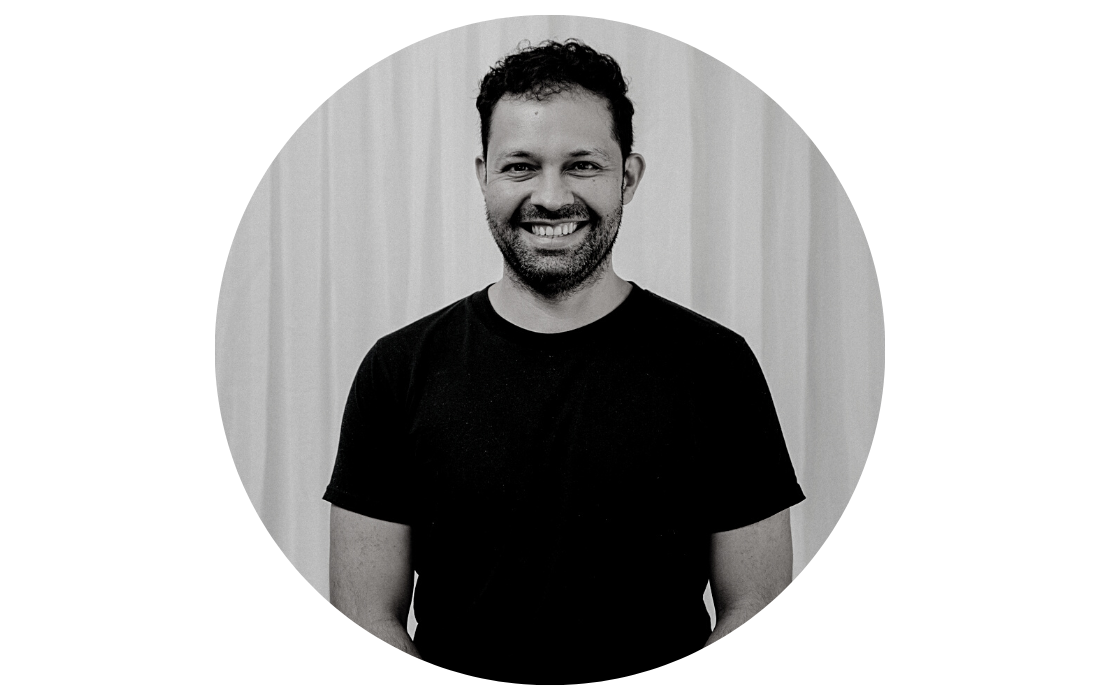Cranio-Cervical Instability Physiotherapy Brisbane southside.
What is Cranio-Cervical Instability?
Cranio-Cervical Instability (CCI) is a medical condition characterised by excessive movement or instability of the bones and connective tissues in the junction between the skull (cranio) and the upper spine (cervical). This condition can lead to a variety of neurological and musculoskeletal symptoms and is often associated with other connective tissue disorders.
What causes Cranio-Cervical Instability?
Cranio-Cervical Instability can occur due to a variety of factors, including congenital abnormalities in the structure of the cervical spine, injuries to the neck, degenerative changes in the spine, or underlying connective tissue disorders such as Ehlers-Danlos Syndrome (EDS) or Marfan syndrome. In some cases, it may be idiopathic, meaning the cause is unknown.
What are the symptoms of Cranio-Cervical Instability?
The symptoms of CCI can vary widely among individuals but often include:
How is Cranio-Cervical Instability diagnosed?
Diagnosis of CCI typically involves a thorough medical history, physical examination, and imaging studies. Magnetic Resonance Imaging (MRI) and Computed Tomography (CT) scans are commonly used to assess the structure and stability of the cranio-cervical junction. Flexion and extension X-rays may also be used to evaluate movement and instability.
What is the treatment for Cranio-Cervical Instability?
The treatment of Cranio-Cervical Instability depends on the underlying cause, the severity of symptoms, and the individual's overall health. Options may include:
What is the prognosis for Cranio-Cervical Instability?
The prognosis for individuals with CCI can vary widely based on the cause, the degree of instability, and the success of treatment. Many individuals experience significant improvement in symptoms with appropriate management, while others may have persistent issues.
How can physiotherapy help with Cranio-Cervical Instability?
Physiotherapy can be a valuable component of the management plan for individuals with cranio-cervical instability (CCI). The goals of physiotherapy in CCI are to improve neck strength, stability, and range of motion while minimising pain and discomfort. However, it's essential to remember that the approach to physiotherapy for CCI should be individualised and guided by a healthcare professional familiar with the condition. Here's how physiotherapy can help with cranio-cervical instability:
It's crucial for individuals with CCI to work closely with their healthcare team, including physiotherapists, to develop a comprehensive and personalised treatment plan. This plan may also include input from specialists, such as neurosurgeons or orthopaedic surgeons, depending on the severity of the condition. Additionally, individuals should communicate any changes in symptoms or concerns with their healthcare providers to ensure that the treatment approach remains appropriate and effective.
If you or a loved one has questions about Cranio-Cervical Instability and how our physiotherapists might be able to help please call us on 07 3706 3407 or email [email protected]. We would love to work with you!
Cranio-Cervical Instability (CCI) is a medical condition characterised by excessive movement or instability of the bones and connective tissues in the junction between the skull (cranio) and the upper spine (cervical). This condition can lead to a variety of neurological and musculoskeletal symptoms and is often associated with other connective tissue disorders.
What causes Cranio-Cervical Instability?
Cranio-Cervical Instability can occur due to a variety of factors, including congenital abnormalities in the structure of the cervical spine, injuries to the neck, degenerative changes in the spine, or underlying connective tissue disorders such as Ehlers-Danlos Syndrome (EDS) or Marfan syndrome. In some cases, it may be idiopathic, meaning the cause is unknown.
What are the symptoms of Cranio-Cervical Instability?
The symptoms of CCI can vary widely among individuals but often include:
- Neck pain and stiffness
- Headaches, especially at the base of the skull
- Dizziness or vertigo
- Nausea and vomiting
- Problems with balance and coordination
- Muscle weakness or spasms
- Sensory disturbances, such as tingling or numbness in the extremities
- Difficulty swallowing or breathing
- Tinnitus (ringing in the ears)
- Visual disturbances
How is Cranio-Cervical Instability diagnosed?
Diagnosis of CCI typically involves a thorough medical history, physical examination, and imaging studies. Magnetic Resonance Imaging (MRI) and Computed Tomography (CT) scans are commonly used to assess the structure and stability of the cranio-cervical junction. Flexion and extension X-rays may also be used to evaluate movement and instability.
What is the treatment for Cranio-Cervical Instability?
The treatment of Cranio-Cervical Instability depends on the underlying cause, the severity of symptoms, and the individual's overall health. Options may include:
- Conservative Management: Non-surgical approaches may include physical therapy to strengthen neck muscles, activity modification, and pain management.
- Collar or Brace: In some cases, a cervical collar or brace may be prescribed to provide support and limit movement.
- Surgical Intervention: For severe cases or when conservative measures are ineffective, surgery may be considered. Procedures such as fusion surgery or stabilisation using instrumentation may be performed to stabilise the cranio-cervical junction.
- Management of Underlying Conditions: If CCI is associated with a connective tissue disorder, managing that underlying condition is essential to prevent further instability.
What is the prognosis for Cranio-Cervical Instability?
The prognosis for individuals with CCI can vary widely based on the cause, the degree of instability, and the success of treatment. Many individuals experience significant improvement in symptoms with appropriate management, while others may have persistent issues.
How can physiotherapy help with Cranio-Cervical Instability?
Physiotherapy can be a valuable component of the management plan for individuals with cranio-cervical instability (CCI). The goals of physiotherapy in CCI are to improve neck strength, stability, and range of motion while minimising pain and discomfort. However, it's essential to remember that the approach to physiotherapy for CCI should be individualised and guided by a healthcare professional familiar with the condition. Here's how physiotherapy can help with cranio-cervical instability:
- Neck Strengthening Exercises: Physiotherapists can prescribe specific exercises to strengthen the muscles supporting the neck and cervical spine. These exercises aim to improve stability and reduce the risk of excessive movement and instability in the cranio-cervical region. Strengthening exercises may include isometric exercises and resistance training.
- Range of Motion Exercises: Gentle range of motion exercises can help maintain or improve neck flexibility. These exercises are designed to be performed within the individual's pain tolerance and are aimed at preventing stiffness.
- Postural Education: Physiotherapists can provide guidance on maintaining proper neck and head posture during daily activities. Correcting poor posture can help reduce strain on the cervical spine and minimise the risk of exacerbating symptoms.
- Core Strengthening: A strong core can provide better overall stability to the body, including the cervical spine. Physiotherapists may incorporate core-strengthening exercises into the treatment plan to enhance stability and support the neck.
- Pain Management: If an individual with CCI experiences pain, physiotherapists can employ various pain management techniques, such as heat therapy, cold therapy, manual therapy, and modalities like ultrasound or electrical stimulation.
- Activity Modification: Physiotherapists can work with individuals to identify and modify activities that may exacerbate symptoms. This may involve teaching adaptive techniques or suggesting lifestyle adjustments to minimise the risk of injury or strain.
- Assistive Devices: In some cases, physiotherapists may recommend assistive devices such as cervical collars or braces to provide additional support and stability to the neck. These devices are typically used on a temporary basis and may be part of the overall management plan.
- Education and Self-Management: Education is a crucial aspect of physiotherapy for CCI. Physiotherapists can help individuals understand their condition, identify triggers, and develop self-management strategies to minimise symptoms and prevent further injury.
- Progress Monitoring: Regular monitoring of progress is essential to adjust the physiotherapy program as needed. This ensures that exercises and interventions are appropriate and effective for the individual's specific needs.
It's crucial for individuals with CCI to work closely with their healthcare team, including physiotherapists, to develop a comprehensive and personalised treatment plan. This plan may also include input from specialists, such as neurosurgeons or orthopaedic surgeons, depending on the severity of the condition. Additionally, individuals should communicate any changes in symptoms or concerns with their healthcare providers to ensure that the treatment approach remains appropriate and effective.
If you or a loved one has questions about Cranio-Cervical Instability and how our physiotherapists might be able to help please call us on 07 3706 3407 or email [email protected]. We would love to work with you!
Who to book in with:
Yulia Khasyanova
|
Mauricio Bara
|


